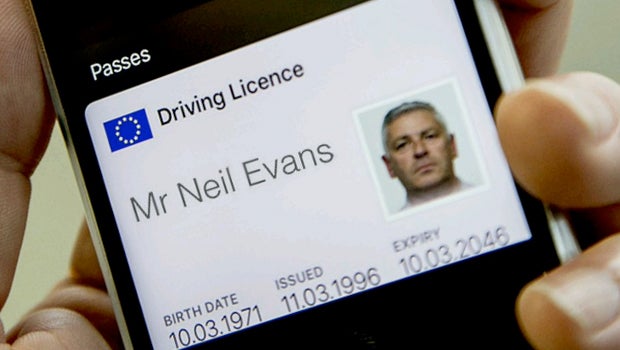Sinister Netflix email scam plaguing iPhone users – don’t get mugged off

Users of Apple’s iPhone are being targeted by a new email scam demanding payment for a phoney Netflix subscription via iTunes. Here’s how to protect yourself.
The fraudulent email, which was first reported by UK national newspapers, claims to be a bill for some £40 from Apple regarding a recent Netflix purchase.
It’s nothing of the sort, of course, but there’s a clever link embedded in the message inviting you to manage or cancel your subscription – which you may be tempted to click, given you won’t have actually tried to buy Netflix in the first place.
Should you fall for the bait, the dodgy website you’re directed to will then request that you fill in personal information.
Apple, of course, operates a policy whereby the iTunes Store will never ask for your private details, something the iPhone maker confirmed in light of the latest swindle:
“Email messages that contain attachments or links to non-Apple websites are from sources other than Apple, although they may appear to be from the iTunes Store. Most often, these attachments are malicious and should not be opened. You should never enter your Apple account information on any non-Apple website.”
The best way to protect yourself against such scams is to always treat any emails requesting your personal information (let alone financial details) with suspicion.
Checking the source of the email is easy to do and dummy addresses are usually obvious with a bit of scrutiny, but above all else, do not click on any links contained within dubious messages – as well as taking you to suspect portals where your personal data may be requested, merely following such links can infect your device or computer with various types of malware.
Worried that you may be missing a legitimate bill? Don’t. Companies are pretty good at chasing you up for money they’re owed, so just wait for that nasty red-headed letter in the post if you think you might have bought something on a recent bender.
You can also rest assured in the knowledge that pretty much nothing comes free these days, so a post-purchase ‘bill’ will almost always be foul play.
Related: iPhone 7 news, rumours and release date
Watch The Refresh: The best tech gossip and reviews every week
Have you been targeted by this iPhone email scam? Sound off in the comments below.

